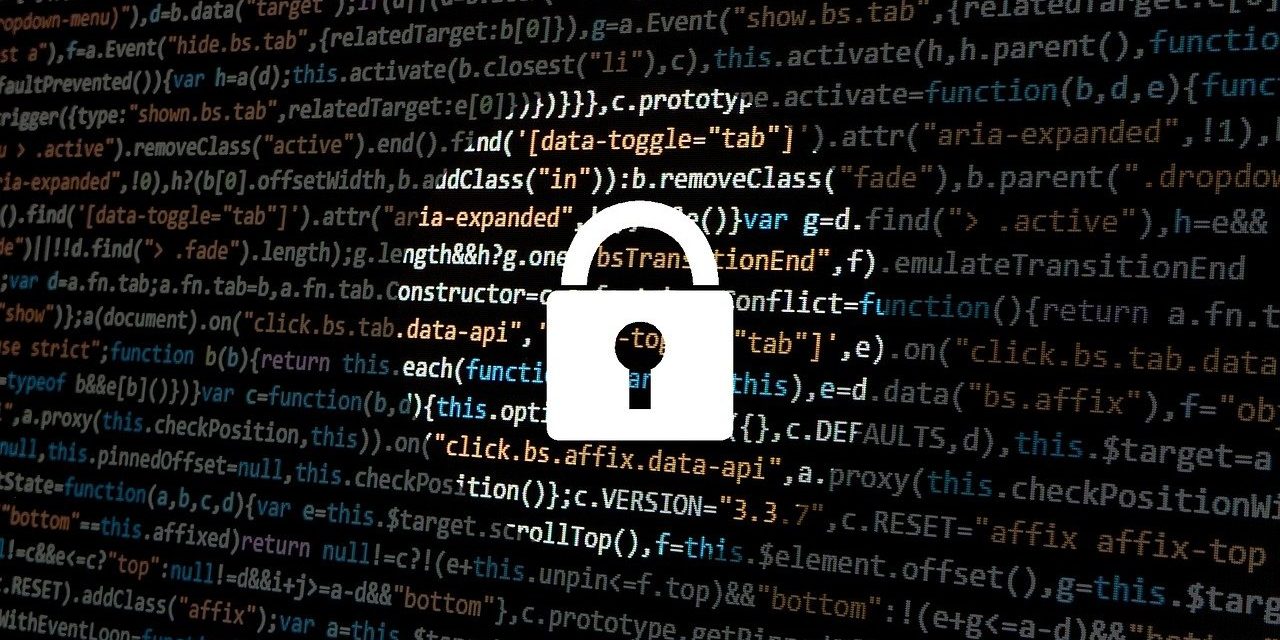Fraudsters and cybercriminals are continually enhancing their hacking techniques and there are more and more ways in which they can trick you into allowing them to have physical control over your device.
We provide IT support to a range of businesses and educational facilities and so we get to see first-hand exactly how clever and devious these fraudsters are getting and witness the devasting effects these breaches can have on people who get deceived.
We are always working with our clients to ensure their IT users and systems are protected by ensuring IT updates are applied and raising awareness of cyber risks, but there are always new risks emerging.
A prominent fraud scam that has surfaced much more recently is called a “remote access scam’.
The criminals operating this scam seek to gain remote, direct access to your device. Action Fraud has reported that there are 20,144 people who have become a victim of remote access scams with an average loss of £2,868 per victim.
What is a Remote Access Scam?
A remote-access scam will often begin with a pop-up message, email or phone call from the criminal persuading you to give them access and control of your computer to allow them to remove a virus or prevent other criminal activity that may be related to your IT equipment or bank account.
They can be very convincing, and will often claim that they need access to stop some form of fraudulent activity – but really – they are the fraudster!
Their goal is to access your personal financial details to steal your money.
As an IT support company, we often ask our customers to connect to remote support software to allow our technicians to have direct access to your device to help us resolve technical support issues. However, the downfall of these software programmes is that scammers can also pretend to be from well-known tech companies, such as your Internet Service Provider and can convince you that they are trying to help you remove detected malware on your device.
However, once you allow them access to your device, they have the ability to run programmes and software and can either steal your personal information or pretend that there is a virus and demand money for the work they are pretending to do.
Further to receiving this money for the work they are seemingly doing, they will also purposefully implant a virus onto your device which then also allows other criminals to have access to your details for their own exploitation too.
How do I Protect Myself from Remote Access Scams?
Being aware of cybercrime and its risk to your identity and money is a great start, but there are also other tools and actions you can take. Here are some practical actions and advice to be aware of in order to spot vulnerabilities and protect your IT equipment and user against fraud:
- Remember to only grant access to your device to those you trust and know. Challenge anyone who tries to access your device and question those who ask.
- Only install trusted and well-researched software, Apps or tools on your device. If you are unsure about a software, do some online research or contact your known tech support provider for guidance.
- Remember, as often stated by banks and services providers, they will never ask you for your personal details over the phone or by text message. If you do receive any calls or contact that you think is fraudulent from your bank, report them to your bank immediately.
- If you think you may have been a victim of a remote access scam, or fear that your computer may have been hacked, contact a qualified, well reputable computer technician.
- If you think your financial details have been stolen, contact your bank or financial organisation immediately.
- Report the incident to Action Fraud so that similar attacks on other people can be prevented.
- Action Fraud also likes to use the following terms to help think about what you are doing while using your device – Stop, Challenge and Protect.
IT support companies, like Link ICT would rather be questioned than for their users to become victims of cybercrime.
Cyber security breaches are something all organisations want to avoid at all times. Therefore, to help with the protection of an organisation’s data and information, a support scheme backed by the UK government, called Cyber Essentials has been established. With the qualification with Cyber Essentials, you gain certification for 12 months, protection from cybercriminals, and the appeal of cyber security to current and new businesses.
Link ICT Services are proud to have achieved its own Cyber Essentials Certification and are able to support its customers in achieving their own certification.
If you would like more details on Cyber Essentials or have any questions or queries about remote access scams, please get in touch!

